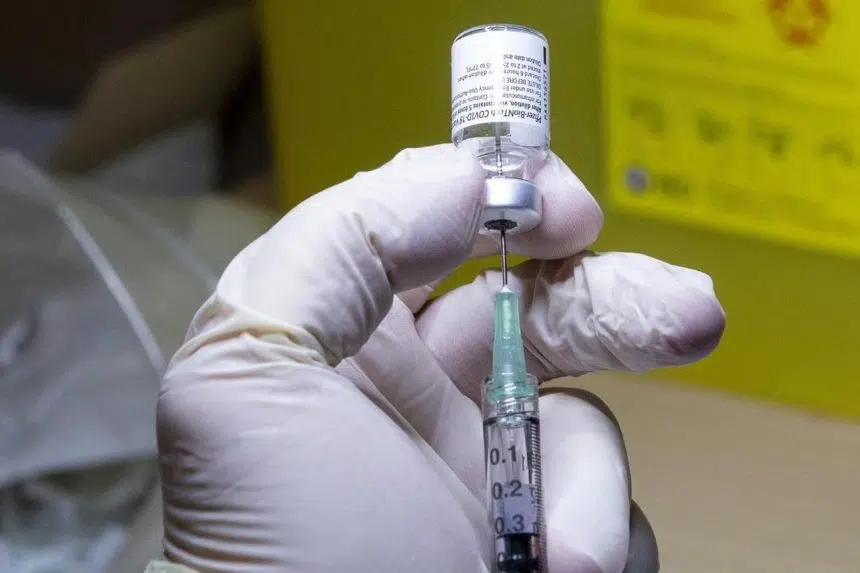OTTAWA — Prime Minister Justin Trudeau says Canada has secured an extra 20 million doses of the Pfizer-BioNTech vaccine against the virus that causes COVID-19, saying a faster rollout is the key to returning to some version of normality.
He says that means Canada will receive 80 million doses of COVID-19 vaccines this year, and that he remains confident the federal government will meet its goal of providing shots to everyone who wants them by September.
The news comes as Ontario is set to invoke new measures Tuesday to try to get control over the surging COVID-19 pandemic, where new data indicates Ontario’s health system will be overwhelmed and deaths from COVID-19 will exceed those in the first wave unless there is a significant reduction in contacts between residents.
The province is considering further reducing in-person gathering limits, cutting the opening hours for essential stores like groceries and pharmacies and restricting construction and manufacturing to essential business only.
While the province reported the fewest new daily cases in more than a week at 2,903, it is also reporting 41 new deaths and 138 new admissions to hospital.
There are now nearly 400 people with COVID-19 in intensive care in Ontario, almost twice the number who needed critical care at the beginning of December.
The new modelling projects that under Ontario’s current COVID-19 restrictions, daily deaths from the disease will double from 50 to 100 by the end of February.
Projections show there will be about 500 COVID-19 patients in intensive care by January and potentially more than 1,000 by February in more severe scenarios.
Experts compiling projections for the government say the growth of COVID-19 is accelerating in Ontario, growing at seven per cent on the “worst days.”
Health Minister Christine Elliott says the province has also detected eight more cases of the COVID-19 variant from United Kingdom, bringing the total number detected across Canada now to at least 22.
Meanwhile, Trudeau also announced the Canada-U.S. land border will remain closed to non-essential travel until at least Feb. 21 — another 30-day extension to the restrictions in place since mid-March.
The Canadian Press







